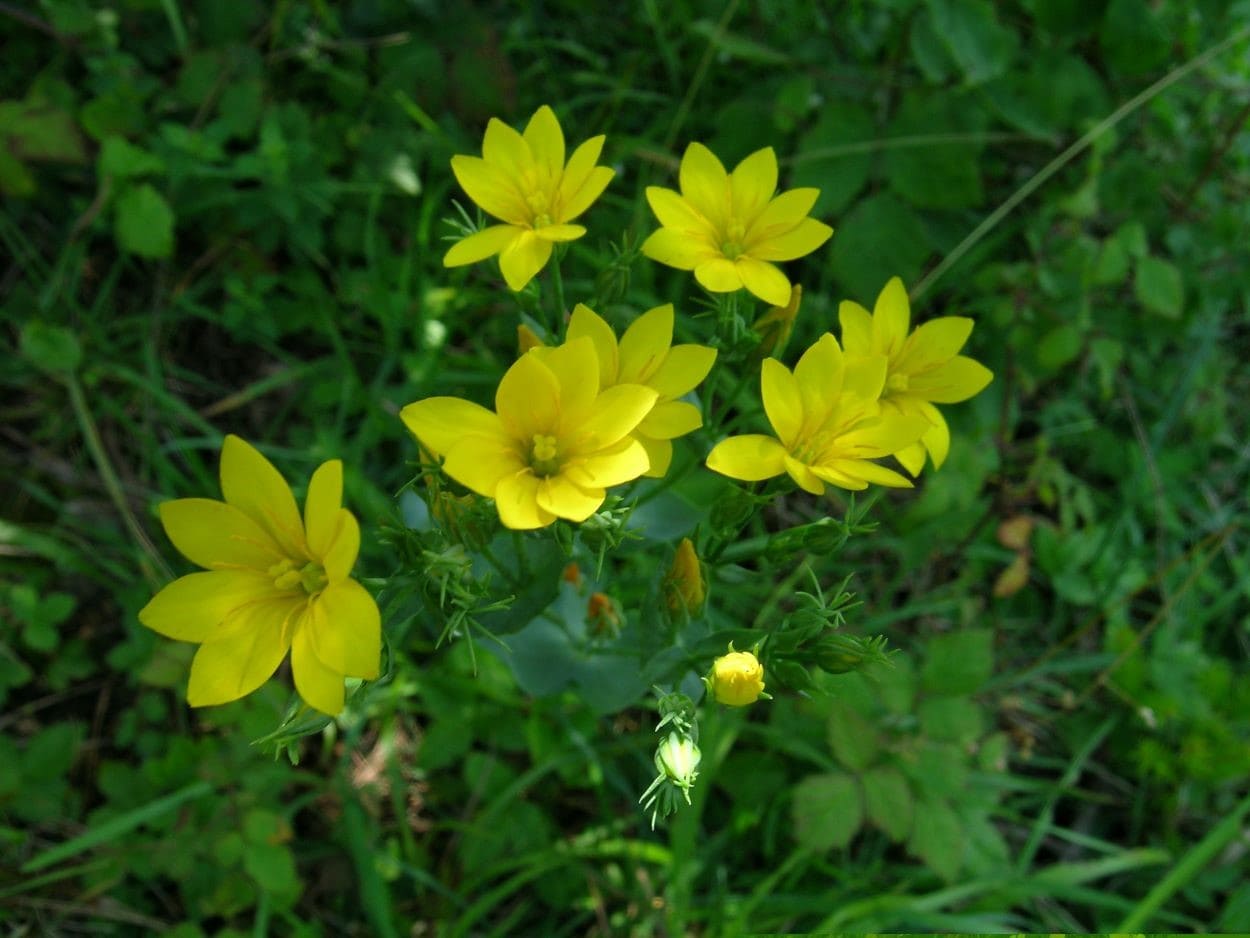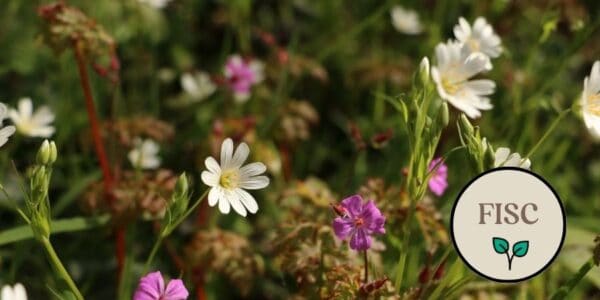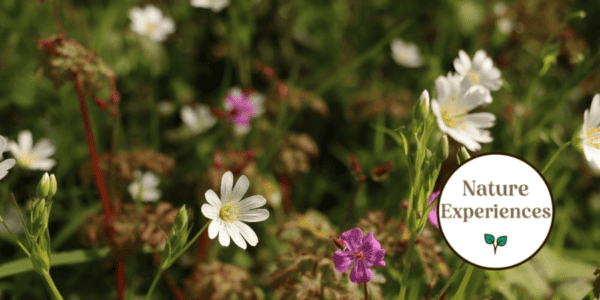This beginner course introduces the special habitat of limestone grasslands, and the terminology associated with it. Grasslands on limestone have some of the richest biodiversity which includes specialist plants, uncommon bees and rare butterflies.
We will discuss how limestone grasslands form and why they can be so diverse. The course will also cover the threats to grassland like this and what is being done to protect such a precious habitat.
This course will include:
- Building knowledge of the terms used to describe limestone grassland and why this habitat is different from other types of grassland.
- An explanation of why these grasslands are so diverse in species, and practical experience identifying a good number of species that can be found.
- How to monitor a grassland for conservation and an understanding of what threatens calcareous grasslands and what actions can be taken to mitigate losses.
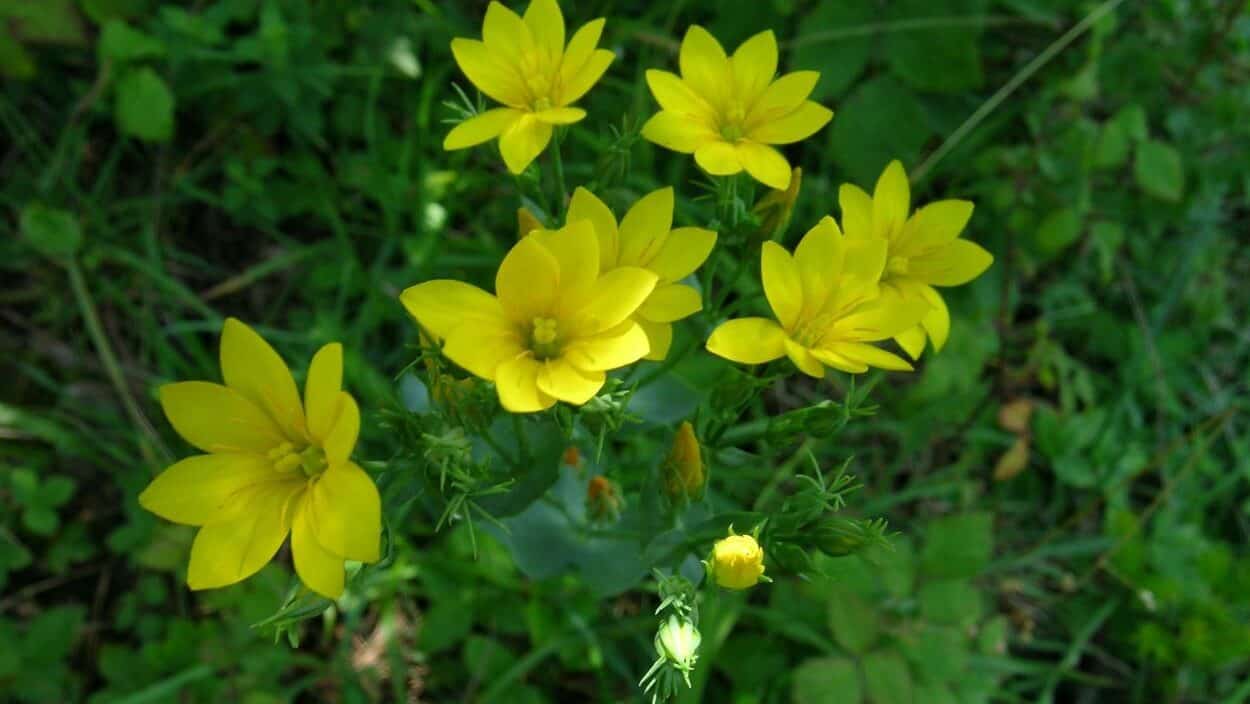
Read More
This course will introduce numerous species, some of which may be familiar, others which will certainly be new to the learner. Grasses, sedges and herbs will be identified in the field and the differences between the plant families explained.
Grassland monitoring for conservation will also be introduced.
Grasslands on limestone have some of the richest biodiversity which includes specialist plants, uncommon bees and rare butterflies. A 1m2 quadrat may hold up to 40 species of grass and herb for instance. The soils, high in calcium carbonate have a pH greater than 7, are free draining and nutrient poor.
Common Rock-rose, Yellow-wort and numerous orchid species are some of the plants characteristic of limestone. Most calcareous grassland has been lost through agricultural improvement and what remains, often exists in fragments. The Oswestry Hills in north-west Shropshire have outcrops of carboniferous limestone and were once extensively quarried. What remains are some rich and diverse pockets of calcareous grassland and woodland, mostly protected within nature reserves.
By the end of the course, you will be able to:
- Understand why limestone grassland is different from other types of grassland.
- Understand why such grasslands are important in conservation.
- Appreciate the threats to the UK’s calcareous grassland.
- Be able to identify a good number of specialist calcareous vascular plants.
- Understand how monitoring of grassland condition is carried out.
Who Should Attend?- Nature enthusiasts, students, rangers, early career consultants and ecologists. The course is for those who are interested in learning more about these grasslands and for those who require knowledge of the above species for their work. Volunteers who monitor habitats like these for Wildlife Trusts will find the course very useful.
Knowledge Level– Beginner. Level descriptors can be found on the following web-page: Framework and Course Level Descriptors.
Prior Knowledge – No existing knowledge or experience is needed for this course, just a willingness to explore and learn. However, a knowledge of the basic parts of flowering plants will be very useful.
PLEASE NOTE: There is no accommodation or meal facilities provided with this course. Refreshments (tea and coffee) will be available. If we are unable to reach viable numbers for this course, we will inform you of the course cancellation 4-5 weeks prior to the course run. We would recommend when purchasing accommodation and/or travel you should take out your own insurance.
Bookings will close if course capacity is reached.
Please email [email protected] if you have any questions.
About the Tutor
Fiona Gomersall
Fiona Gomersall is a trained biology teacher and skilled field botanist. She is Conservation Officer at Shropshire Wildlife Trust and is an active member of the Shropshire Botanical Society. Fiona’s monitoring and botanical survey work takes her all over the county to the 40 nature reserves and several hundred local wildlife sites.
Example Timetable
This course will start promptly at 10:00 and finish at 17:00.
About an hour and a half will be spent in the classroom and the rest of the day in the field at Llanymynech Rocks. Lunch will be taken out on site, soon after arrival at the nature reserve.
Lunch is not included so please bring your own food. Refreshments (tea and coffee) will be available at the centre.
What's Included
The course has been carefully created by expert tutors and educators to help you build your knowledge and apply it within the field surrounded by like-minded individuals.
The course includes:
- Classroom learning covering the theory of the topic
- Field excursions to apply new knowledge
- Expert tuition for which the Field Studies Council is renowned
- Clear objectives and progression
- Refreshments (tea/coffee)
You can rest assured that the absolute best content from an expert in environmental education will be provided. In choosing a Field Studies Council course, you will be joining thousands of people who learn with us each year.
Bursaries and Subsidies
Student Discount
This course is eligible for a student discount. If you are a current student, please use discount code BioStudent20 at checkout for 20% off all Biodiversity courses.
Natural History Bursaries
There are a number of natural history bursaries available to help with the cost of your course. To find out if you and your chosen course are eligible, read more here.
Before You Attend
What to Bring
- Notebook and pencil
- Lunch and refreshments
- Sensible footwear and clothing for being outdoors
- Small bag to carry personal items
- A Hand lens
- Any guides you prefer to use (e.g. Rose or Streeter).
Recommended Literature
The guides below are not essential, but have been suggested by the tutor to accompany this course. When you book this course, you will receive a discount code for the Field Studies Council recommended guides below.
There will be a member of staff with first aid training and access to a first aid kit on site. If you have special medical or access requirements, please let us know as soon as possible so we can plan the course.
Opportunities to attend this course
-
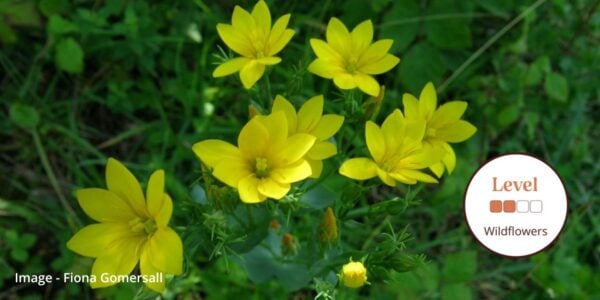
Sat 06, July 2024 10:00 - 17:00
If you would like to book accommodation and meals at Preston Montford, please email [email protected]. Please note the Centre may not be able to guarantee accommodation and meals during this course.
No current dates for this course? Click here to view all the upcoming Natural History courses.
Progress Your Learning
This is a training course from the Field Studies Council, delivered by expert tutors with an approachable learning style. After attending this course, you may like to progress your learning with further relevant courses or branch out into other areas of natural history. The Field Studies Council offers both online and in-person courses, so you can choose the learning style that suits you best.
The course gives you the opportunity to immerse yourself in a new subject and acquire novel skills. Our online portal gives you time to study at your own pace and fit the lessons around your own schedule.
If you have any questions about our courses, please check out our Frequently Asked Questions or email [email protected].
Group Bookings Made Easy
If you have a group of 10 or more individuals wanting to complete one of our courses, our team are available to discuss your options – from discounts to private team courses. Find out more!
You can rest assured that the absolute best content from an expert in environmental education will be at your fingertips. In choosing a Field Studies Council course, you will be joining thousands of people who learn with us each year.

